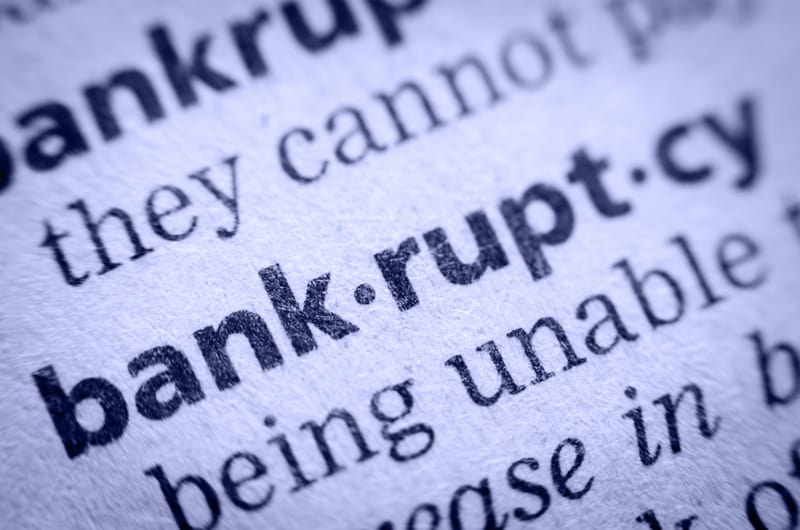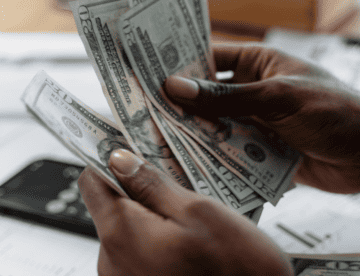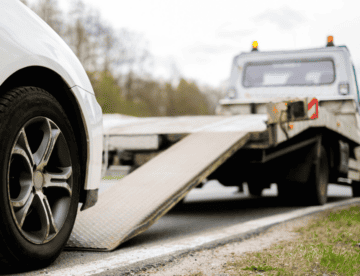
Bankruptcy often carries a stigma that evokes fear and uncertainty. The mere mention of the word “bankruptcy” can feel like the end of the road for many. However, much of this fear stems from common myths about bankruptcy that mislead people about its true implications. At Burrow & Associates, we aim to clarify these misconceptions, helping you make informed decisions if you’re facing financial difficulties.
Let’s debunk three major myths about bankruptcy to give you a clearer understanding of the process.
Myth 1: I’m Going to Lose Everything—Including My Home and My Car
One prevalent myth about bankruptcy is that you’ll lose all your possessions. The truth is, bankruptcy laws are designed to help you manage and discharge your debts while keeping essential assets like your home and car. Bankruptcy exemptions protect certain properties from liquidation. For instance, in Georgia, you can exempt up to $21,500 (or $43,000 for married couples) for your home under the state’s homestead exemption law. Additionally, you can exempt up to $5,000 for your car. There is also a “wildcard exemption” of up to $11,200 per person, which can help protect other essential assets. These exemptions extend to personal belongings, retirement accounts, and tools of the trade, ensuring you can maintain a basic standard of living while resolving your financial issues.
Myth 2: My Credit Will Be Ruined Forever
Second on the list of myths about bankruptcy is that it will permanently destroy your credit. While bankruptcy does impact your credit score, it doesn’t mean you’ll never recover. A bankruptcy filing stays on your credit report for 10 years, but this period doesn’t spell financial doom. Many people start rebuilding their credit soon after their bankruptcy is discharged. Here’s how:
- Credit Cards: To ensure timely payments, you may need to use secured credit cards or those with higher interest rates.
- Loans: Expect higher interest rates initially for loans, but consistent, timely payments will gradually improve your creditworthiness.
- Co-Signers: You might need a co-signer for certain financial agreements, but as you rebuild your credit, this necessity diminishes. Before filing for bankruptcy, your credit was likely already in poor shape. Ironically, bankruptcy can serve as a reset, allowing you to rebuild your credit on a clean slate.
Myth 3: My Reputation Will Be Damaged
Contrary to popular belief, bankruptcy is a private matter. Your filing won’t be publicly broadcasted, and you won’t be required to disclose it unless you choose to. Exceptions are if you are a public figure or celebrity, in which case, the media might report it. Otherwise, outside of your creditors, attorney, and possibly close friends or family you confide in, no one needs to know about your bankruptcy. Employment discrimination based on bankruptcy is illegal, and it doesn’t bar you from community roles or opportunities. In essence, bankruptcy is a financial tool meant to help you regain stability, not a scarlet letter.
Conclusion
Bankruptcy, while serious, is not the end of your financial life. It’s a legal means to help you manage overwhelming debt, protect essential assets, and get a fresh start. At Burrow & Associates, we understand the emotional and financial stress that leads to considering bankruptcy. We’re here to guide you through every step, ensuring you understand your options and rights.
The U.S. government advises anyone filing for bankruptcy to seek legal assistance to navigate the complexities of the process. Contact us today for a free consultation to discuss your financial situation and how we can help you move forward. We have offices in the following locations:









